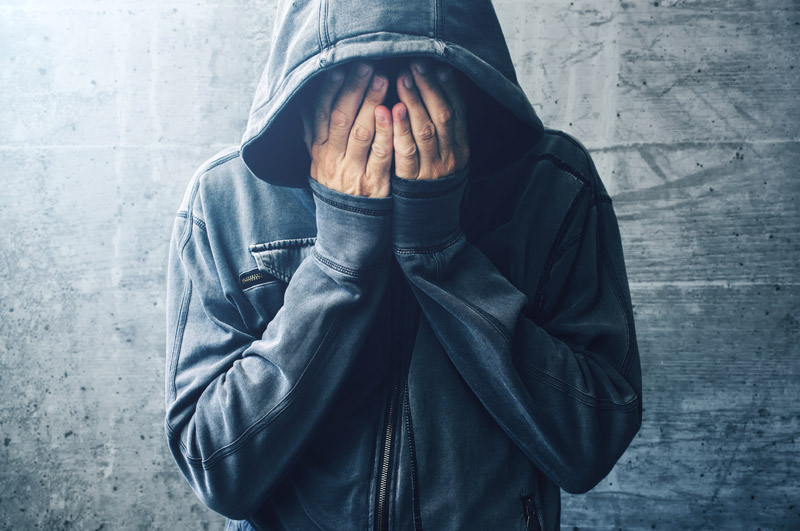Addiction is a complex, destructive condition that shouldn't be taken lightly. For years, addiction was thought of as an uncontrollable habit of alcohol or drug use. More recently, it's been expanded to include behavioral issues-like gambling, shopping, exercise, and eating. Fortunately, treatment is available, and receiving care early on is key to a successful recovery.
Although each person experiences addiction differently, warning signs are easier to recognize if you know what to look for. 8 common signs of addiction include:
- Cravings. People suffering from addiction typically experience intense cravings or urges for the drug as their addiction progresses. They may feel out of control regarding how much they use or spend an excessive amount of time and energy finding their drug of choice.
- Tolerance. As the body adapts to the drug and larger and larger doses are necessary to achieve the desired effects, changes in eating habits, sleep, appearance, finances, and personality become noticeable.
- Withdrawal symptoms. When someone abruptly stops or reduces their drug usage, they almost immediately experience physical or mental symptoms of withdrawal. Symptoms may fluctuate depending on the drug of choice, but generally, addicts become irritable, restless, and highly defensive during these periods.
- Unable to handle everyday responsibilities. Calling off work or missing school due to sleeping in or abruptly feeling unwell are classic signs of addiction. Forgetting to pay bills or neglecting personal hygiene can indicate addiction if multiple examples are present.
- Developing unhealthy friendships. Changes in relationships occur alongside withdrawal from a person’s usual activities. A person may befriend others who share similar habits or have individuals coming in and out of their lives.
- Loss of interest. Someone may neglect or lose interest in the activities they once enjoyed. They'll also often lose touch with those they would spend time doing said activities with and replace them with a substance or others that engage in similar addictive behaviors.
- Isolation. As a result of a loss of interest, a person may withdraw and isolate themselves, keeping their drug use a secret from loved ones. They may stop participating in activities they used to enjoy, which is frequently one of the signs noticed by others before themselves. This could be in fear of judgment or shame.
- Continuance of drug use despite negative consequences. Frequently, this is the point where family and friends see a problem developing, and the person suffering from addiction grows defensive or resentful when confronted. Consequences can cause strain in relationships or even loss of friendships, separation or divorce, health issues, loss of a job, amongst others. Regardless, the person continues to use.
Identifying the signs of addiction is the first step towards recovery. If you think that you or a loved one may be struggling, one of the best responses is to talk to a qualified counselor about how to get help. With appropriate treatment, people with addictions can go on to live happy, healthy lives.

